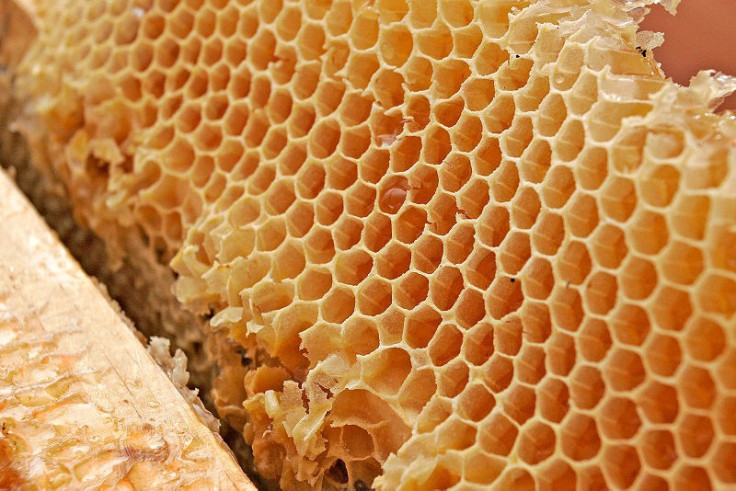Trypophobia: Fear of Holes Evolved From Danger Posed by Poisonous Animals
Trypophobia, or the fear of holes, affects many people who struggle to look at such images.

Trypophobia, or the fear of holes, affects thousands of people who have intense reactions to everyday objects such as soap bubbles, aero chocolate bars, condensation and sponges.
Like many phobias, trypopobes' reactions to these holey objects appear irrational, but researchers now say their fear may stem from an evolutionary survival tactic.
Geoff Cole and Arnold Wilkins, from the University of Essex, say trypophobia is caused because of a specific visual feature commonly seen in poisonous animals.
They say the sight of hole clusters spark a flight reaction in trypophobes because they link the object to dangerous animals.
Published in the journal Psychological Science, the researchers found that in one study, 16% of participants had trypophobic reactions.
The phobia is widely documented online but there has been very little scientific research into the disorder: "[Trypophobia is] the most common phobia you have never heard of," Cole said.
Cole and Wilkins compared 76 images of trypophobic objects with 76 controlled images of holes not associated with the phobia. They found trypophobic objects share similar qualities in terms of contrast and spatial frequencies.

One sufferer told the team that his phobia had been triggered when he saw a blue-ringed octopus, one of the most poisonous animals in the world. Cole said this led to a "Eureka moment".
After analysing images of various poisonous animals, including the deathstalker scorpion and king cobra snake, they found similar patterns in terms of contrast and spatial frequencies to the trypophobic objects.
"These findings suggest that there may be an ancient evolutionary part of the brain telling people that they are looking at a poisonous animal," Cole said.
The researchers added that while some people suffer a much less severe reaction, all people share a dislike of trypophobic objects because of learned survival behaviour: "We think that everyone has trypophobic tendencies even though they may not be aware of it.
"We found that people who don't have the phobia still rate trypophobic images as less comfortable to look at than other images."
© Copyright IBTimes 2025. All rights reserved.






















